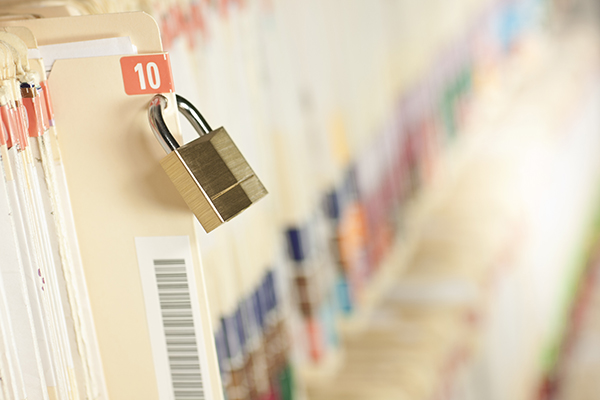2.5 minute read
With more lawsuits proliferating against employers during the COVID-19 pandemic, businesses have to be more diligent than ever about their record-keeping.
Besides facing lawsuits alleging a business didn’t do enough to protect its employees or the public, employers are also contending with a tougher regulatory climate thanks to a number of new state and federal laws and regulations that have grown out of the pandemic.
Failing to keep adequate records can result in penalties and make it harder to defend against lawsuits that may arise.
Here are two of the main issues that employers should pay attention to:
OSHA COVID-19 rules
Work-related COVID-19 cases are recordable events and need to be logged in a company’s records of workplace injuries and illness. Guidelines from OSHA state that:
- If a worker comes down with a confirmed case of COVID-19, the employer next must investigate whether there was workplace exposure. If the employers finds the case was most likely contracted at work, the confirmed case will need to be recorded. If the investigation finds no workplace exposure, no record-keeping is required.
- If the case is work-related, the employer must investigate whether other employees were possibly exposed. If other workers had possibly been exposed, the employer will need to notify them of their possible exposure. Employees will need to keep records of those actions.
All work-related COVID-19 cases must also be recorded on the employer’s OSHA Forms 300 and 300A. OSHA requires all records to be kept for five years.
Records in case of litigation
Businesses are being sued by a number of parties as a result of the pandemic. They may be sued by a customer who blames lax safety standards at a store for them contracting COVID-19.
Lately, family members are suing employers when an employee contracts the coronavirus at work and spreads it at home.
Since most of these claims zero in on a business’s alleged missteps in COVID-19 safety protocols, it will be incumbent on those businesses to prove otherwise.
During this time of heightened litigation, companies need to keep records of their efforts to reduce the spread of COVID-19 among staff and customers, and to show they comply with OSHA workplace safety standards.
Records you may want to retain include:
- A list of all COVID-19 safety protocols, including when they were created or modified. Retain records of training and any documentation you circulated among your employees on the requirements they need to abide by. The documents should show what standards the business was relying on for guidance, such as OSHA, the Centers for Disease Control and the Equal Employment Opportunity Commission.
- Records showing that employees were following safety protocols.
- Records of workplace COVID-19 outbreaks and the steps you took to conduct contact-tracing and contain the outbreak. Also, you should have documentation of any staff you ordered to isolate at home.
- Any other records your counsel may recommend.
If you are sued, do not destroy any records. You have to keep them all. Not doing so can result in penalties as well as losing the case.
The takeaway
The above are some of the main records you should be keeping. But there may be more, depending on where your business is located. Consult your counsel about any local or state requirements that may not be on your radar.




